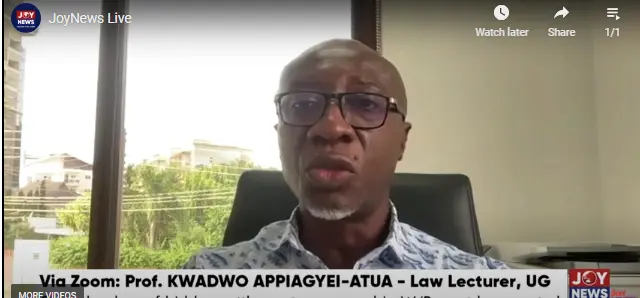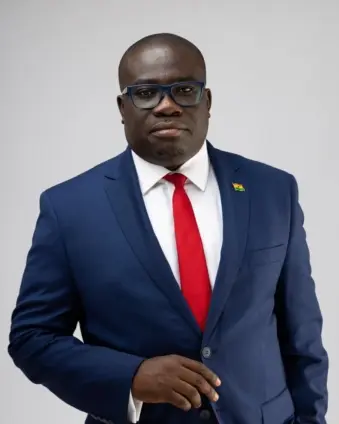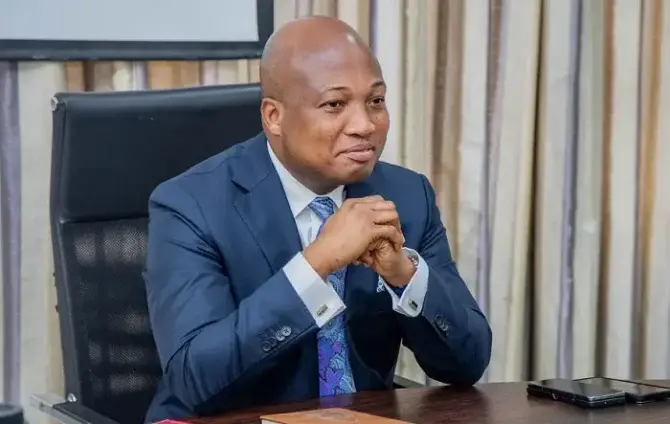The high-profile trial of Kwabena Adu-Boahene, former National Security Bureau (NSB) boss, has ignited a critical debate in Ghana: where is the line between national security and the right to free speech? As Adu-Boahene’s defense hints at revealing classified information, legal experts emphasize the legal limitations on freedom of expression when national security is at stake. The trial, watched closely by civil liberties advocates and government officials alike, raises fundamental questions about transparency, due process, and the state’s power to protect sensitive information. This case delves into the core issues raised by the Adu-Boahene trial and their impact on the ongoing national conversation about balancing security concerns with fundamental rights, particularly the nuanced relationship between **national security vs free speech**.
Professor Kwadwo Appiagyei-Atua, speaking to JoyNews, underscored the complexities inherent in navigating these competing interests within Ghana’s legal framework. He noted that while freedom of expression is a cornerstone of a democratic society, it is not absolute and must be balanced against the need to protect information vital to the nation’s security.
Ghana’s legal framework imposes clear limitations on freedom of speech when national security is involved. Professor Appiagyei-Atua articulated this point succinctly: “I’m sure the law doesn’t allow anybody to say anything at all when it comes to national security issues.” Specific laws apply in such instances, requiring a balance between the accused’s rights and societal interests. The need to balance the due process rights of the accused with the larger interest of society is crucial to maintaining both justice and security.
The defense team for Adu-Boahene, led by Samuel Atta Akyea, insists that their client must be allowed to fully defend himself, even if it means revealing sensitive national security details. Atta Akyea emphasized the importance of a fair trial, stating, “This process must not appear to be a personal vendetta. The accused person should be allowed the space to defend himself.”
“This process must not appear to be a personal vendetta. The accused person should be allowed the space to defend himself.”
— Samuel Atta Akyea
The defense argues that suppressing this information would deny Adu-Boahene a fair trial. However, revealing classified details could compromise national security. The legal team believes that the full context of Adu-Boahene’s actions can only be understood if all relevant information, including potentially sensitive details, is presented in court.
Adu-Boahene, his wife, and two others face 11 counts, including stealing, money laundering, defrauding by false pretences, and wilfully causing financial loss. Attorney-General Dominic Ayine has formally charged the defendants. The charges stem from an alleged cybersecurity procurement scheme involving a $7 million agreement with ISC Holdings Limited for cyber defense software. Adu-Boahene is accused of transferring GHS49 million from NSB accounts into his personal accounts under the pretext of paying for the software.
Adu-Boahene was recently remanded in EOCO custody for seven working days, marking a significant step in the legal proceedings. The court has also ordered the prosecution to file all witness statements by 20 May 2025, indicating the timeline for the presentation of evidence and testimonies. The alleged financial improprieties and the subsequent legal actions have placed Adu-Boahene at the center of a controversy that extends beyond the courtroom, touching upon issues of governance and accountability.
The case highlights the delicate balance between transparency, the right to a fair trial, and the protection of national security. The outcome could set a precedent for future cases involving classified information. Clear legal guidelines are needed to navigate the complexities of such cases. Public discourse and judicial oversight are essential to maintain accountability and protect fundamental rights.
The Adu-Boahene trial serves as a crucial test for Ghana’s legal system, forcing a difficult but necessary conversation about the boundaries of free speech and the imperatives of national security. As the case progresses and sensitive information potentially comes to light, the courts, legal experts, and the public must carefully weigh the competing interests at play. Ultimately, the outcome will shape the future of how Ghana balances these fundamental principles, ensuring justice is served while safeguarding the nation’s security. The ongoing legal battle underscores the complexities inherent in preserving **national security vs free speech** in a democratic society.
Image Source: MYJOYONLINE






















